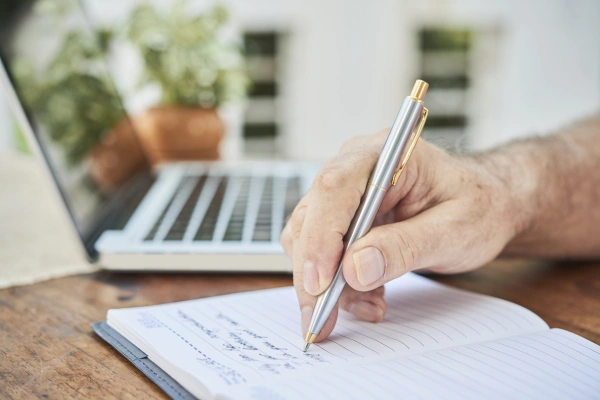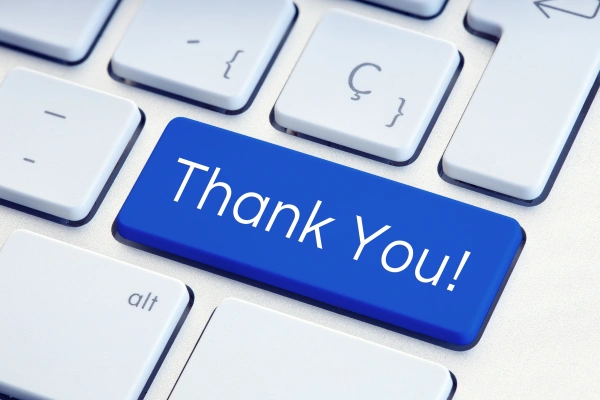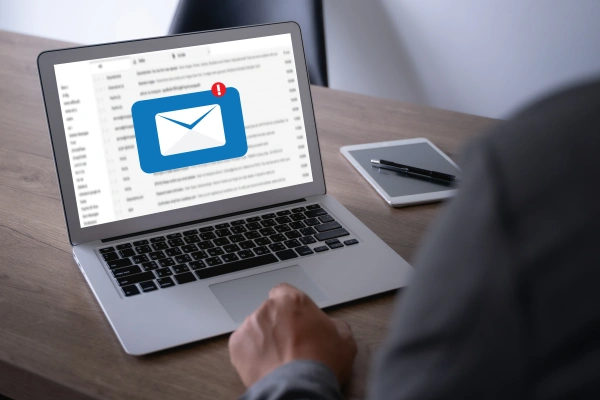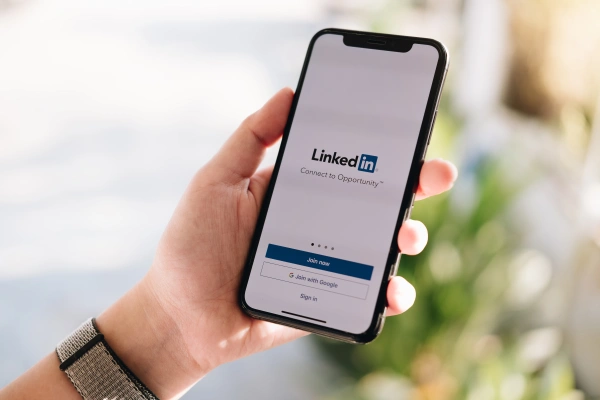How to Follow up after Interview
You have just finished an interview for a new job. You’re about to go back to your family and friends to tell them how you think the interview went. But you’re not sure how to proceed.
After the job interview, you should take advantage of the opportunity to show your personality, show you’re interested in the position, and demonstrate some of your skills to the interviewer.
The interviewer will likely still have the final say, but consider these steps you can take to follow up after interview and increase your chances of being hired.
Steps to Follow up after Interview
1. Take a Moment
Congratulations! You made it to the interview stage. Now that the job interview is over, you can relax and see how it went.
Please take a deep breath and celebrate the fact that you’ve made it this far.
Don’t get carried away. You still have to work on your chances.
2. Debrief
A job interview is an opportunity to see whether a potential employer is a right fit for you, so it’s important to debrief after the event.
Take notes and consider if there was something you should have done differently to enhance your results.

You can use the 5W’s to debrief.
- Who were you talking to? Since you didn’t take notes, you can now write down the interviewers’ names and titles and use this information to your advantage. You may have had a conversation with an interviewer that’s especially interesting because you could relate to the person’s management style.
- What was your impression of the job? Is the company a good fit? What do you think the most important takeaways from the job interview are? What did you discover about the business?
Alternatively, what do you want to know about the company? Whatever your thoughts are at the end of an interview, you should write them down. The more information you have about an organization, the better decision you’ll be able to make about whether or not to accept the role.
- What did you think could have gone better? Regardless of where the interview goes, it’s an opportunity to improve your interviewing skills. Find the answer to the question in the interview.
Is there an answer you can use in the future? Did you find yourself unprepared to speak about the highlights of your career? Please write down your thoughts and set them aside for later.
- When were you told to expect the next step from the interviewer? They will be able to determine the best next steps once you can say to them if you are interested in the position or not.
If they say they will contact you within two weeks, that should be your first contact with them, but you should do a follow-up if they don’t.
- Why should they hire you? The team is now more informed about your skills and traits. How does your experience make you the best candidate? This new insight can prove to be valuable when you follow up.
Debriefing should be done between 10 and 30 minutes after the job interview. Not longer than the standard practice of post-interview debriefing sessions.
3. Send Thank-You Notes
Sending thank you notes is a great way to thank the interviewers for their time and follow up after the interview.
But you can also use this as a way to show appreciation for the fact that they were interested in you can be used for a variety of other purposes as well, such as;
To reiterate your interest: Make use of your acquired knowledge of the business and work duties to submit a fully tailored pitch on why you’re a good candidate for the role.
To provide additional information: If you forgot to say anything or didn’t know the answers to the questions, this is the place to make it up.
Clearly show that you enjoy deliberating on issues and that, after you’ve had some time to reflect, you have more to say. That said, keep the messages as short as possible.
To establish a link:
- Avoid using generic pleasantries when sending a thank you note after interview.
- Make use of the records you took about each interviewer to tailor your outreach.
- Mention how much you appreciated the discussion about industry trends.

While a thank you note after interview is often sent via email, handwritten notes may also be used to show appreciation.
If you cannot locate someone’s contact details, send a message to your HR representative and request that he or she forward your appreciation to the team.
Sending thank-you notes should be done within 24 hours after the interview.
4. The First Follow Up
To a job seeker, twenty-four hours will feel like a week. A week, however, is insufficient time for a hiring manager to complete interviews and gather input, mainly if the opening attracts a large number of applicants.
You may also not hear back after sending your thank you notes, so silence may seem to be a warning sign.
Don’t be alarmed. Since you are given a time frame for a response, you must wait until that time has passed before engaging if you were told not to contact the company during this period, don’t.
Follow up messages should be sent by email to ensure the most direct communication.

Wait for five to ten business days before sending a gentle follow up email to your key contact. You will use it to:
- Reintroduce yourself:
Inform your source that you’re still interested and explain why you’d be a good match. Don’t repeat the message from a previous thank-you card. It is an excellent time to re-attach a revised resume. Based on the employer’s preference, they will be reminded of your qualifications.
- Verify:
Inquire about the company’s schedule and whether they require anything from you in the meantime.
- Set a goal for yourself:
Let the potential employer know you appreciate his or her time and that you will contact him or her again. They will give you a time that works better for them if they know another message is on its way.
Keep busy and continue to develop your professional network after the initial follow up email is sent.
Initial follow up should be done 5–10 days after the interview
5. More Follow-Up
Enable another five to ten business days before sending a second message if you receive a generic response with no time frame or no response at all.
A third and final follow up email, depending on the level of responsiveness, may also be appropriate.
Finally, show appreciation for the employer’s time and your wish to speak with them again in the future.

To stop sending out generic texts, consider expressing your continued interest in a variety of ways:
- Share posts with your friends: Did you come across a good article or LinkedIn post about the company? Is there something that refers to a subject that was mentioned during the interview? Please make a note of it.
- Demonstrate a relationship to the organization: Maybe you attended a public event sponsored by the company or had coffee with a current employee in a different department. Tell them how these experiences have heightened your interest in the business.
Before saying a company contact’s name, make sure you have permission from him or her.
- Showcase a recent achievement: Did you recently earn an award in your previous position? Maybe you just finished a project related to the job. Take note of how these latest milestones relate to the work.
Keep the tone light and professional regardless of the answer, as this employer will reappear in the future.
The additional follow-up should be performed five to ten days after the initial follow-up.
6. Develop As A Result of Your Experience
If you get the job or not, you must benefit from the process of interview. This will make you a better interviewee and improve your chances of achieving your career objectives.

Refer back to any aspects where you thought your success was lacking.
If it is one you can develop with practice and training or something that would necessitate a more significant commitment, such as learning a new skill, make an effort to better yourself—for example, by studying online.
Conclusion
Know that the work search takes a tremendous amount of planning and commitment, as well as a touch of luck.
Several other factors influence an employer’s choice, many of which are beyond your control.
Maintain your options and keep applying for work before the right work offer is made.
About the Author
Eugen Spivak is a multi-award-winning author, business strategist, and a business coach. Eugen is the founder of the Canadian Institute of International Business, an organization focused on a better way to learn business!
Study With Us!
We offer practical courses in various areas of business. Our instructors have at least 10 years of practical experience in their fields.


